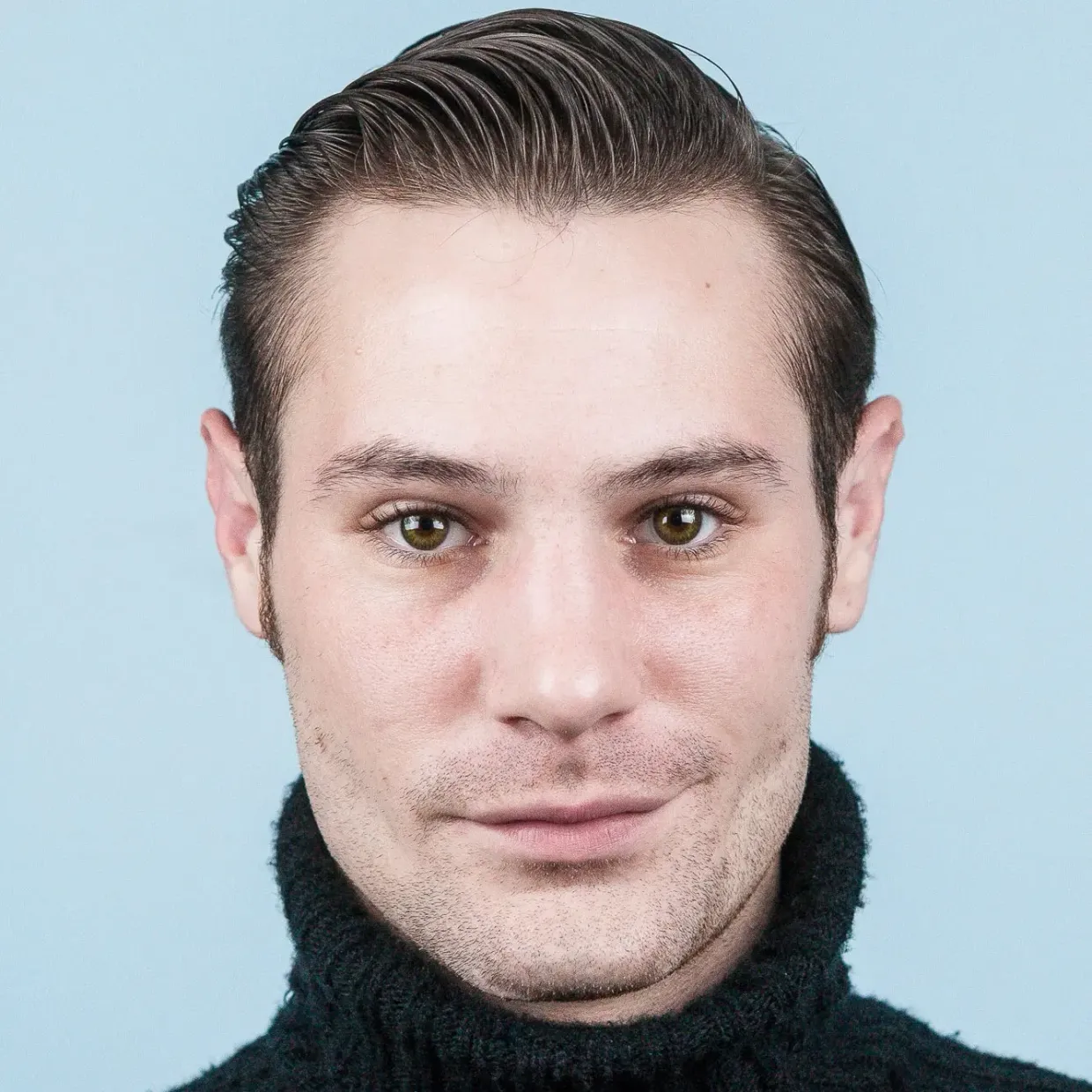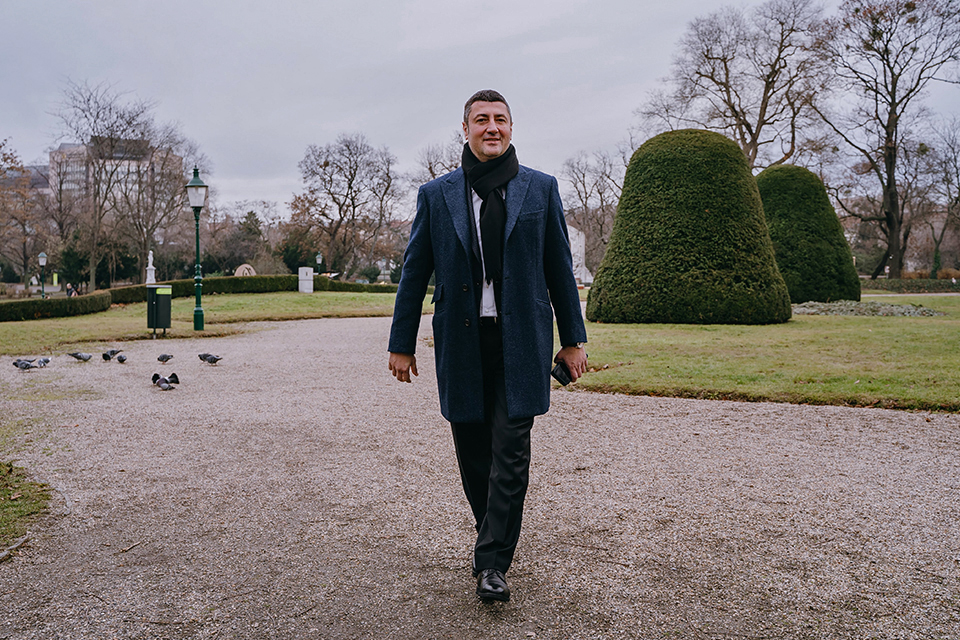U.S. investment fund Gramercy filed a complaint in a U.S. federal court on Dec. 7 against exiled Ukrainian billionaire Oleh Bakhmatyuk and U.S. businessman Nicholas Piazza for allegedly siphoning $1 billion out of Bakhmatyuk's UkrLandFarming, the largest egg producer in Ukraine.
Gramercy, which is a major lender to UkrLandFarming, alleged that Bakhmatyuk secretly took the funds out of the agricultural company, of which he is the majority shareholder, to avoid paying its debts to the fund. UkrLandFarming's total debt burden is currently estimated at $1.65 billion, of which $1.25 billion is held by foreign creditors.
The fund accused Bakhmatyuk of organizing a "complex, multi-faceted scheme" to keep control of the company and avoid paying back lenders.
The complaint, filed under the Racketeer Influenced and Corrupt Organizations (RICO) Act, includes claims for fraud, tortious interference, aiding and abetting, as well as civil conspiracy.
Bakhmatyuk is already under investigation by the National Anti-Corruption Bureau of Ukraine (NABU). He is accused of embezzling a $49-million stabilization loan that the government gave to his bank in 2014, which he denies.
To avoid arrest in Ukraine, Bakhmatyuk currently resides in Vienna. He did not respond to the Kyiv Independent’s request for comment.
Gramercy has also started a separate proceeding in Cyprus, where Bakhmatyuk allegedly transferred his assets, to freeze them worldwide.
Robert Koenigsberger, Gramercy's founder and Chief Investment Officer, said that the complaint was the fund’s last resort, as Bakhmatyuk failed to meet with UkrLandFarming’s investors to settle the firm's debts.
“If a fair deal cannot be reached, Gramercy is left with no choice but to resort to litigation given that it has uncovered transfers of more than $1 billion dollars of сompany assets that were not disclosed, and which have caused Gramercy's investors substantial losses."
Collapsed empire
Since the early 2000s, Bakhmatyuk has built an agricultural business empire starting in his native Ivano-Frankivsk, a regional capital of 230,000 people in western Ukraine.
A decade ago he was one of Ukraine's wealthiest men, worth over $1 billion, but he hit serious problems in 2014.
One of his two banks, VAB, was found insolvent. Its collapse forced UkrLandFarming to take on huge debts, as well as landing Bakhmathyuk in hot water with international investors, thus beginning his judicial troubles.
The exiled 47-year-old businessman still owns UkrLandFarming, which is one of the country’s largest agricultural holdings, generating about 1% of Ukraine’s gross domestic product. Much of his wealth is understood to come from its subsidiary Avangardco, a London-listed egg producer.
Bakhmatyuk purchased VAB Bank in 2011. In the ensuing years, the businessman expanded his portfolio rapidly, purchasing over 20 agricultural firms and expanding his land bank.
But according to the National Bank of Ukraine (NBU), VAB was overburdened with insider loans to Bakhmatyuk’s businesses. The troubled institution received a $49 million stabilization loan from the state but soon went bankrupt anyway.
According to the NABU investigation, Bakhmatyuk conspired with a top National Bank official to illegally get the loan, and then immediately transferred the money to his offshore companies.
In November 2019, the NABU arrested seven people in the VAB Bank case. Among them was Alexander Pysaruk, head of Raiffeisen Bank's Ukrainian branch and former deputy head of the NBU, who allegedly helped Bakhmatyuk obtain the stabilization loan while working at the NBU. Pysaruk denied the charges and was later released on $200,000 bail.
In October 2019, just a month before the NABU arrests, Bakhmatyuk moved to Vienna. The Austrian capital has been a popular destination for wealthy Ukrainian businessmen seeking to avoid prosecution at home.
Over the past two years, the NABU and the Special Anti-Corruption Prosecutor’s Office (SAPO) have fought to keep the case against Bakhmatyuk alive. Judges closed the case twice in 2019, but it was reopened by the NABU both times.













